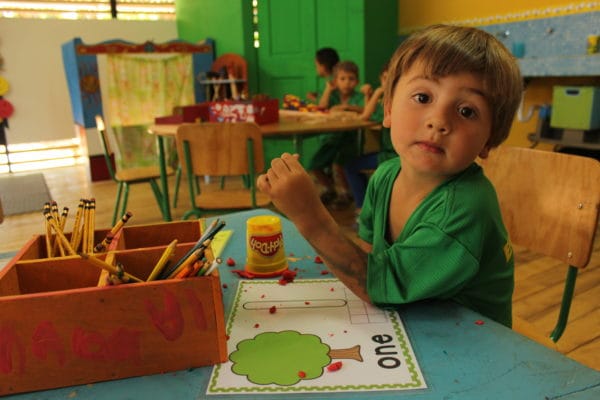When I was in New Zealand in 2015 studying their education system, I was awe struck by their commitment to early childhood education. The government of New Zealand funds 20 hours of preschool for every child beginning at age 3. New Zealand has a vision for the members of their society to be confident, connected, actively involved, and lifelong learners. They value excellence, innovation, inquiry and curiosity, diversity, equity, community and participation, ecological sustainability, and integrity. They also know that the path to confident, connected, actively involved lifelong learners begins at birth. They understand that an investment in preschool is cost effective because it only strengthens the economic and physical health and well-being of their society in the future.
I left New Zealand wishing that preschool were an option for every child in every country. Wherever preschool is optional and/or unfunded, it vastly downplays the importance of its role in a child’s development. Preschool is a place for exposure to language and numbers and science and the arts, and it is also the place where children form reciprocal relationships with peers and adults outside of their family. Where they learn to take turns and take responsible risks and problem solve. Preschool should be neither glorified babysitting nor kindergarten delivered earlier. Whereas reading, writing, and math should not be withheld from our youngest learners, the primary focus of preschool should be social and emotional development. When children don’t first learn to recognize, name, and problem solve their own emotions and conflicts, it makes academic learning of primary school content much more difficult. Going to preschool is like laying the foundation upon which a house will be built. It is time consuming and, if done right, eventually overlooked as the more interesting parts of the house are constructed. But if it is missing, it is much more difficult to find solid footing upon which to lay the bricks of the house.


